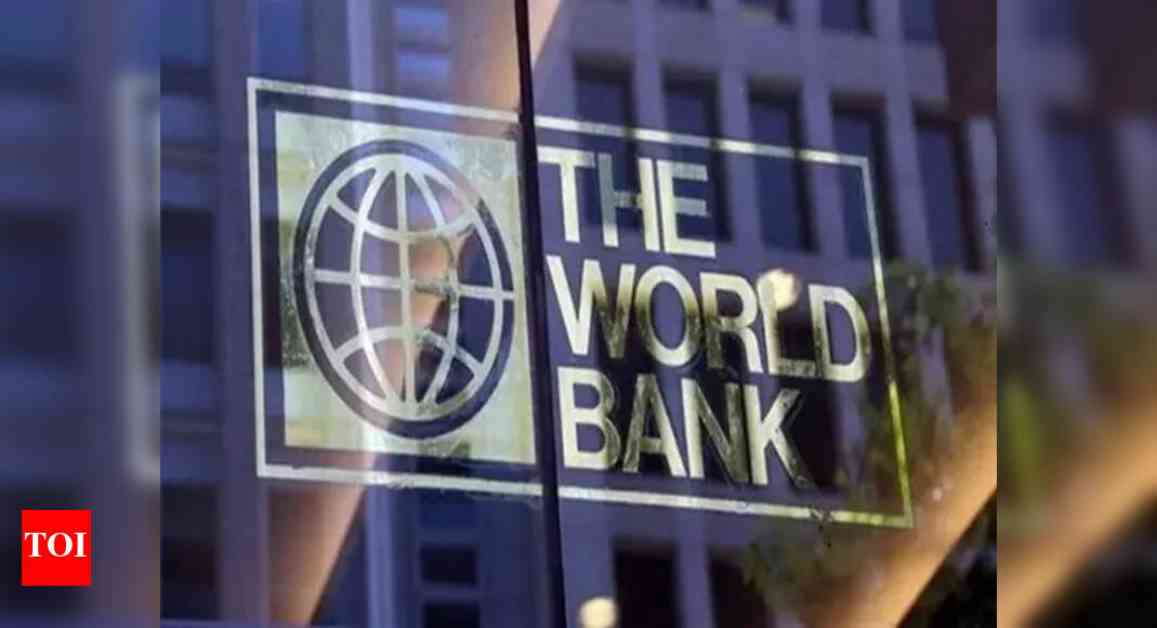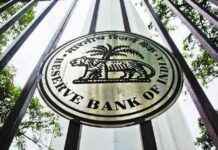The World Bank is set to approve a groundbreaking $20 billion program for Pakistan, launching a 10-year initiative to shield development projects from political instability. This program, known as the “Pakistan Country Partnership Framework 2025-35”, will focus on critical areas of improvement in Pakistan’s most neglected sectors, with a strong emphasis on long-term, stable development.
Key Focus Areas of the Framework
The framework will prioritize six key areas, including reducing child stunting, combating learning poverty, enhancing climate resilience, decarbonizing the environment, expanding fiscal space, and boosting private investment to improve productivity. These priorities have received widespread support across Pakistan’s political spectrum, making them more likely to endure throughout the 2025-2035 period, which is expected to include at least three general elections.
Approval from World Bank
The Pakistan Country Partnership Framework is set for approval by the World Bank board on January 14, 2025. Following approval, the World Bank’s vice president for South Asia, Martin Raiser, will visit Islamabad to discuss the implementation of the program. This initiative is viewed as a long-term solution to safeguard development projects from Pakistan’s volatile political landscape.
Pioneering 10-Year Partnership
The World Bank’s total lending envelope for fiscal years 2025 to 2035 is estimated to be around $20 billion. Of this amount, $14 billion will come from the World Bank’s concessional arm, the International Development Association (IDA), with the remaining $6 billion expected to be provided through the International Bank for Reconstruction and Development (IBRD). However, these loans are contingent on various factors, including IDA funding evolution, Pakistan’s performance under the Sustainable Development Finance Policy, and the country’s debt vulnerability indicators.
In addition to the $20 billion in government loans, the framework aims to facilitate $20 billion in private sector lending through the International Finance Corporation (IFC) and the Multilateral Investment Guarantee Agency (MIGA). This will bring the total value of the World Bank’s engagement in Pakistan to $40 billion, with official government loans capped at $20 billion.
Shifting World Bank Strategy
This new lending initiative signifies a significant change in the World Bank’s approach, moving away from smaller, short-term projects to focus on larger, more impactful investments. The framework will phase out lending to 10 less impactful sectors and instead concentrate on larger projects with more frequent scale-ups and expansions. Implementation will be guided by two-year rolling business plans agreed upon by both the World Bank and the Pakistani government, emphasizing long-term, high-impact areas to address Pakistan’s most pressing socio-economic challenges.























